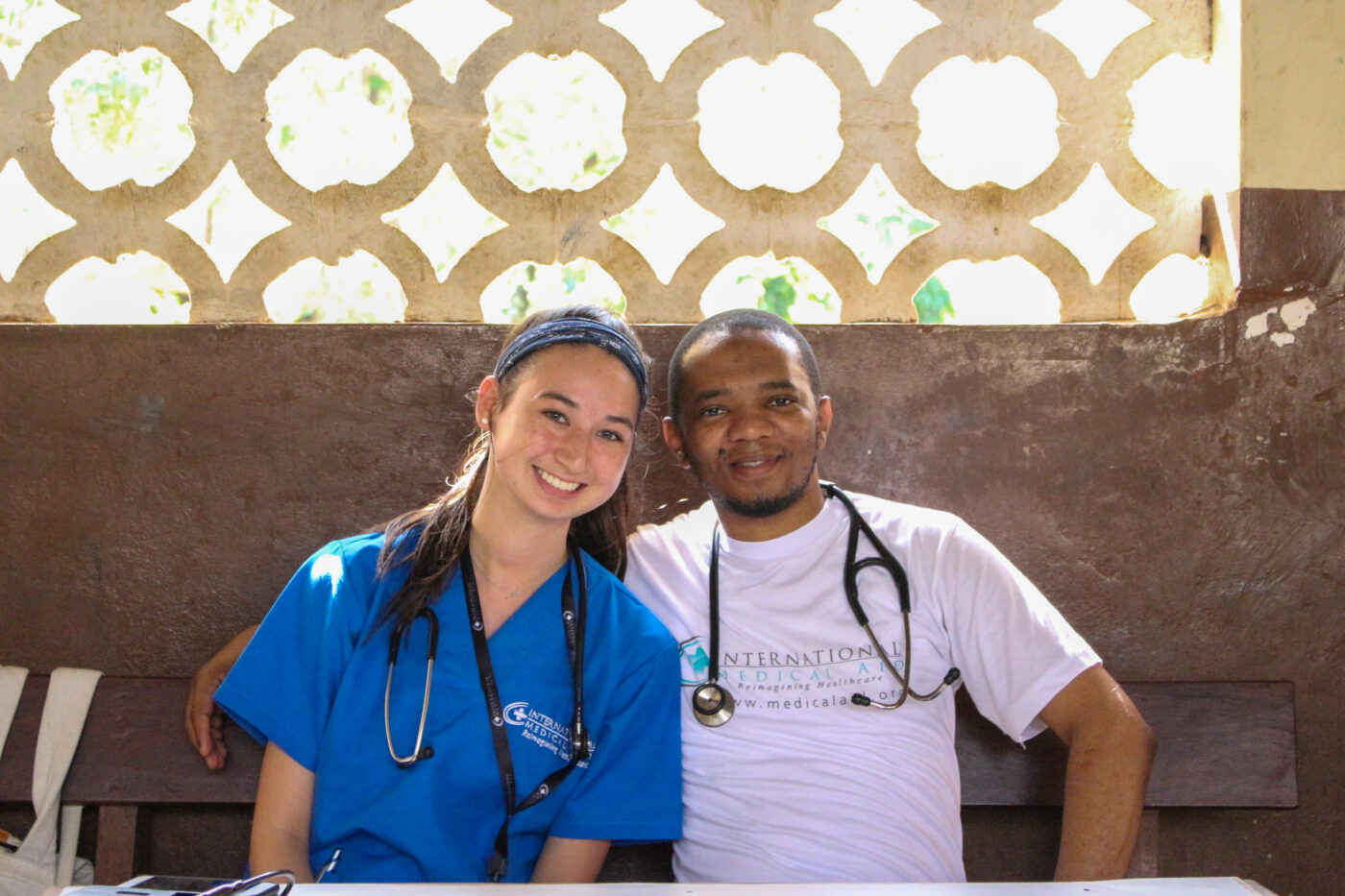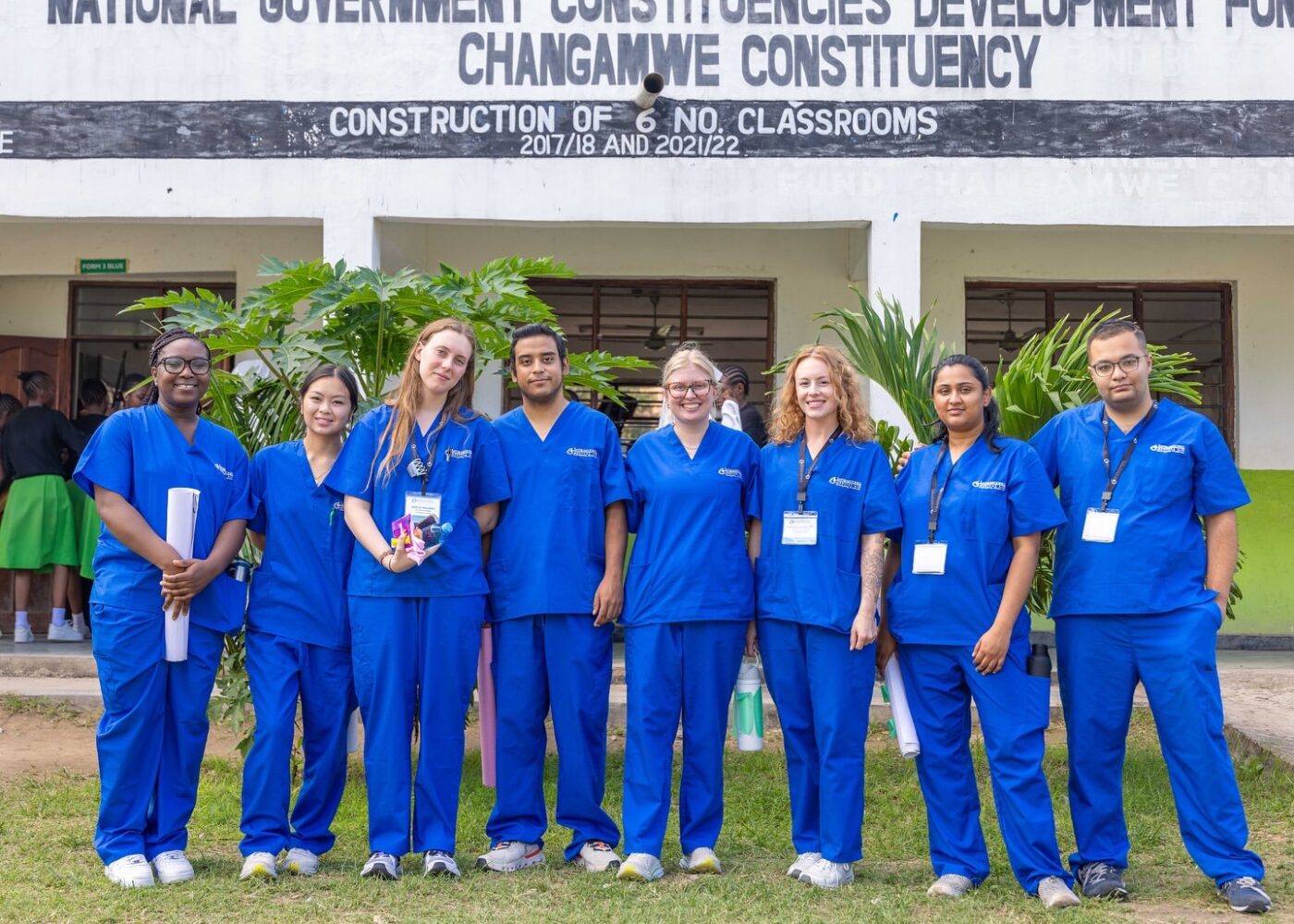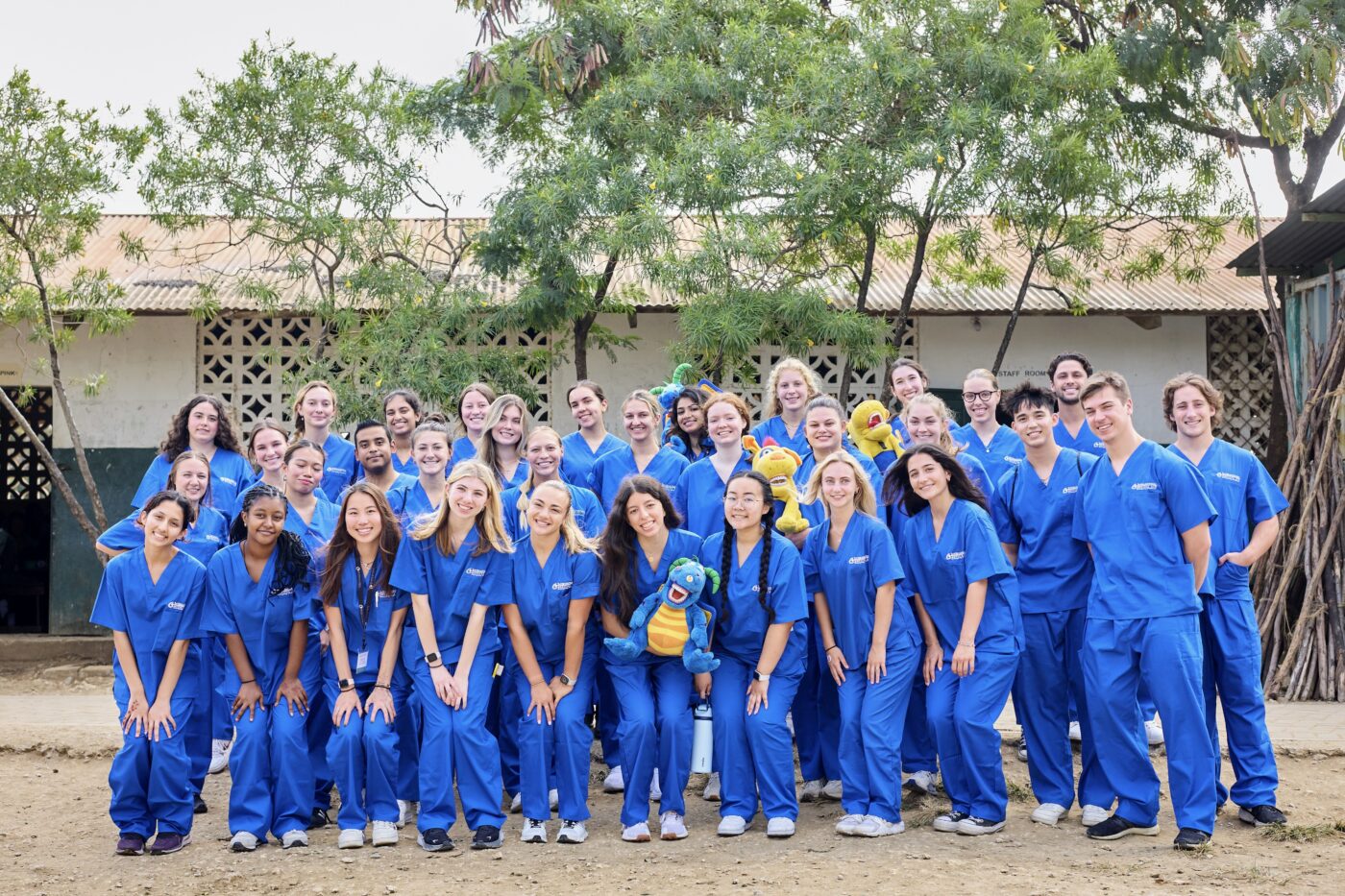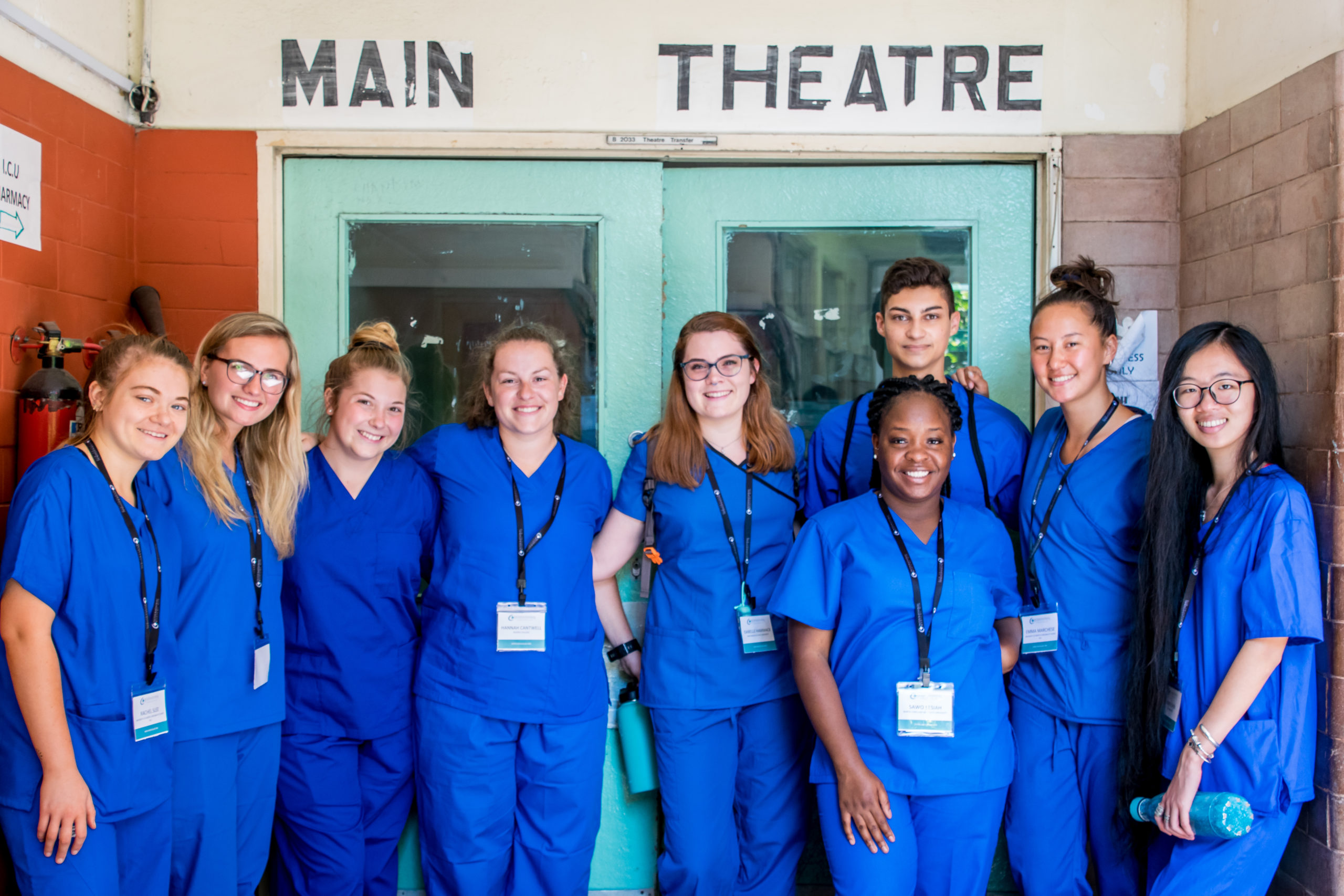Many pre-med students find themselves taking a “gap year” between undergraduate studies and medical school applications. But what exactly is a gap year? It’s an intentional break from the traditional academic path, typically lasting a year, where students pursue experiences outside the classroom.
It’s estimated that between 40,000 and 60,000 students, which rose to 130,000 students during the 2020-2021 school year, in the United States take a gap year each academic year. The reasons for taking gap years are as diverse as the students themselves. But what exactly is the benefit of taking a gap year, and why should you consider it? Keep reading!
Strengthening Academic Foundations
If your undergraduate GPA isn’t where you’d like it to be, exploring gap year options may be beneficial. You can use this time to strengthen your academic performance or earn college credits, potentially improving your grades. However, it’s important to research the specific policies of the schools you’re targeting. Some may not factor retaken classes from a gap year into your overall GPA calculation.
During a gap year, one could also get a master’s in something related—public health or biomedical sciences. This demonstrates further commitment to academic pursuit while also broadening one’s knowledge base to be a much stronger candidate.
A gap year also provides the perfect opportunity to work in a lab, contributing to ongoing studies or even conducting independent research. This allows you to gain valuable hands-on experience, especially for young people aspiring to research-focused medical careers.
Gaining Clinical Experience
Clinical experience is a cornerstone of medical school applications. So, during a gap year, volunteer in hospitals or clinics. This exposes you to the realities of patient care and allows you to interact with healthcare professionals in their daily work. Whether it’s assisting nurses, comforting patients, or simply observing procedures, these volunteer opportunities offer invaluable experiential learning. This firsthand exposure to the medical field strengthens your understanding and potentially solidifies your passion for a career in medicine.
Shadowing physicians and other healthcare professionals also provides a unique perspective on different medical specialties. By following doctors on their rounds, you can gain a deeper understanding of the skills and knowledge required for a successful medical career.
Developing Leadership and Service Skills
Medical schools seek applicants who demonstrate leadership potential and a commitment to serving others. That said, consider gap year opportunities that let you lead extracurricular organizations related to healthcare, such as pre-med clubs or health advocacy groups, allowing you to develop these skills while connecting with like-minded peers.
Engaging in community service projects related to healthcare further solidifies your dedication to service and social responsibility. Whether it’s volunteering at a free clinic, organizing health screenings for underserved populations, or participating in public health campaigns, these experiences demonstrate your commitment to making a positive impact on society.
Imagine a student volunteering at a mobile clinic to understand health inequities better. By providing basic medical care to underserved communities, they regain a sense of purpose in healthcare and inspire them to advocate for public health issues.
Exploring Alternative Career Paths

A gap year can help you decide on the right career path to take, especially when it comes to the vast options in the medical field. In fact, statistics show that 78% of students who took a gap year say it helped them clarify what they want to do in life. (3)
Apart from popular options such as clinical medicine, working in healthcare administration or policy can expose you to the business and regulatory aspects of healthcare, providing a unique perspective on the challenges and opportunities facing the industry. Meanwhile, interning at research institutions or pharmaceutical companies can offer a glimpse into the world of medical research and drug development.
Personal Growth and Reflection
Taking a gap year can also aid in the personal development and self-discovery of a student. Traveling or living in another country, for example, enriches experiences. You get to learn a new language, meet new people, and explore a new environment. This can provoke new ways of thinking and allows individuals to step out of their comfort zones. Moreover, they get to raise competence through cultural immersion. When you travel to a developing country or volunteer abroad at a rural clinic, you may also appreciate cultural differences more.
You can reflect on your desire to be a doctor whenever you take your time off; this allows you to learn more about what really interests you and keeps you engaged. Journaling, meditation, or simply spending time in nature can be powerful tools for introspection. By quieting your mind and reflecting on your core values and goals, you can ensure your career choice aligns perfectly with your passions and purpose.
Final Thoughts
Exploring gap year opportunities can be a transformative stepping stone on your path to becoming a physician. It’s a chance to not only strengthen your application but also experience personal growth and gain new skills and world experience that will fuel your passion and commitment throughout this demanding yet rewarding career.
But remember, the journey to becoming a doctor is a marathon, not a sprint. So, take this time to invest in yourself and ensure your goals are aligned with your deepest motivations. If you’re considering internships during your gap year, start exploring and apply now to set a strong foundation for medical school.






